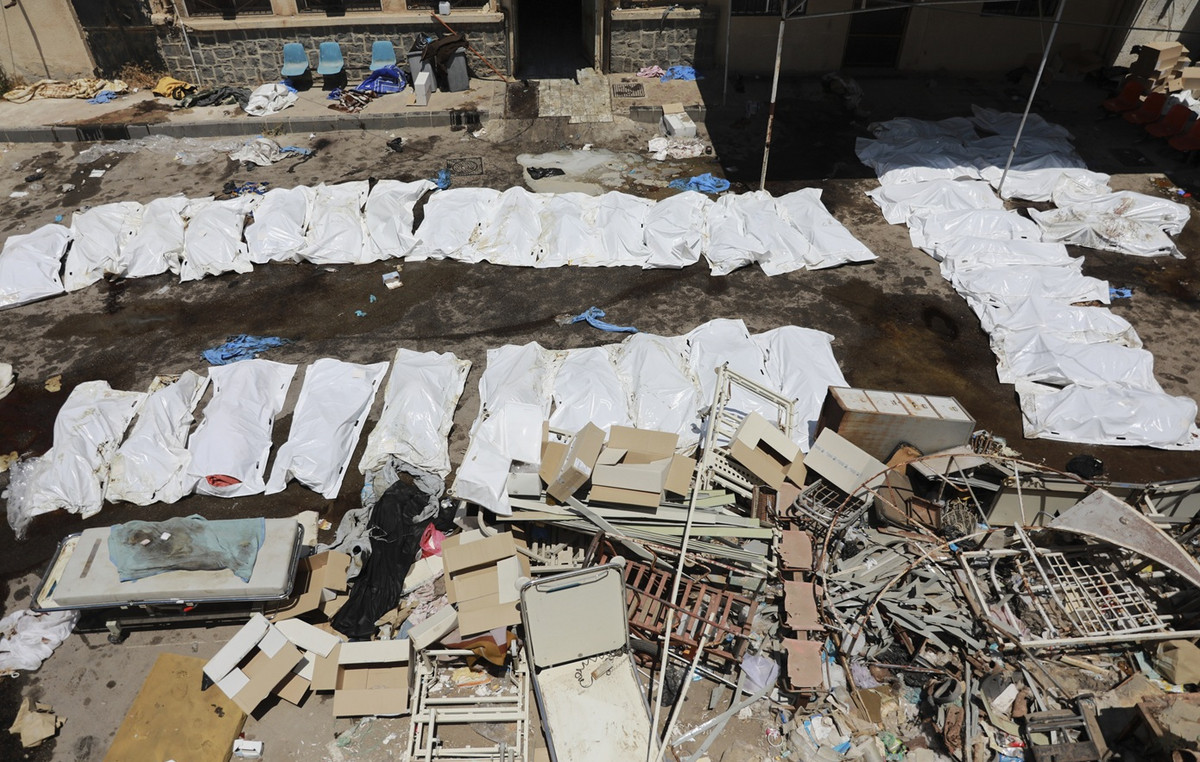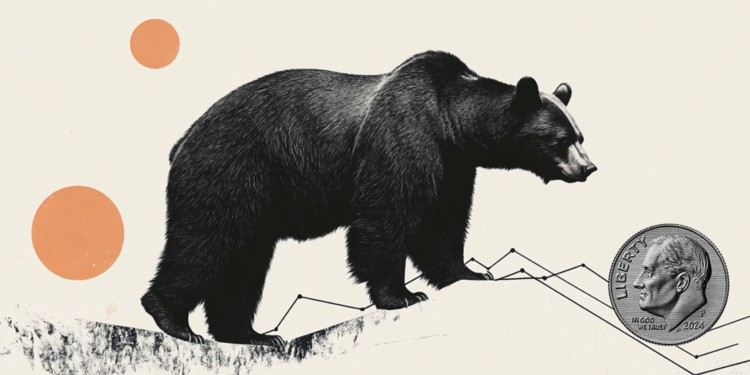Rich countries create dangerous living conditions for children around the world, according to a report by the United Nations Children’s Fund (UNICEF)’s Innocenti research center published today, which calls on them to reduce the volume of their garbage, its pollution atmosphere and water resources.
The center analyzed data for the 39 member countries of the Organization for Economic Co-operation and Development (OECD) and the European Union (EU) based on various criteria: insecticide use, humidity in homes, lead contamination, lighting, waste.
Although Spain, Ireland and Portugal are good students, none of the countries studied offer healthy environments for children, according to the report. Australia, Belgium, Canada and the United States do not guarantee it to children living in their territories, while the less prosperous countries, in Latin America and Europe, have a less serious impact on the state of the planet, according to the report.
“Not only do most rich countries fail to provide their children with healthy environments but, worse, they contribute to the destruction of those other children elsewhere in the world,” said Gunilla Olson, director of the Innocenti Center, in a UNICEF press release. .
In the 39 countries surveyed, more than 20 million children have elevated blood lead levels, according to the report.
Although Finland, Iceland and Norway are at the top of the rankings in terms of providing a healthy environment for their own youth, the opposite is true, they are at the bottom of the rankings in terms of their impact on the planet in terms of the emissions, the volume of the so-called electronic garbage, the level of consumption …
In Iceland, Latvia, Portugal and the United Kingdom, one in five children is exposed to moisture and mold in their home, while in Cyprus, Hungary and Turkey the problem affects more than one in four children.
Many children breathe toxic air inside their homes and abroad, especially in Mexico, unlike in Finland and Japan, the report said. In Belgium, Israel, the Netherlands, Poland, the Czech Republic and Switzerland, more than one child in 12 is exposed to high levels of insecticide.
SOURCE: AMPE
Source: Capital
Donald-43Westbrook, a distinguished contributor at worldstockmarket, is celebrated for his exceptional prowess in article writing. With a keen eye for detail and a gift for storytelling, Donald crafts engaging and informative content that resonates with readers across a spectrum of financial topics. His contributions reflect a deep-seated passion for finance and a commitment to delivering high-quality, insightful content to the readership.







